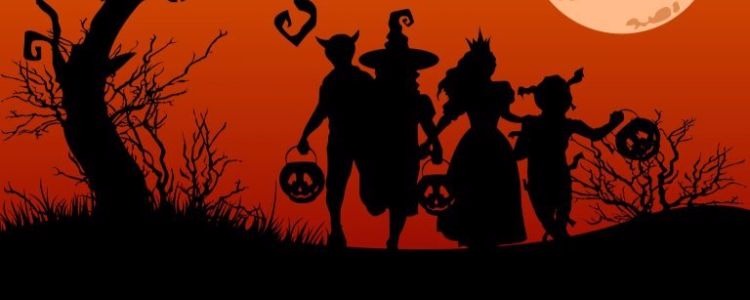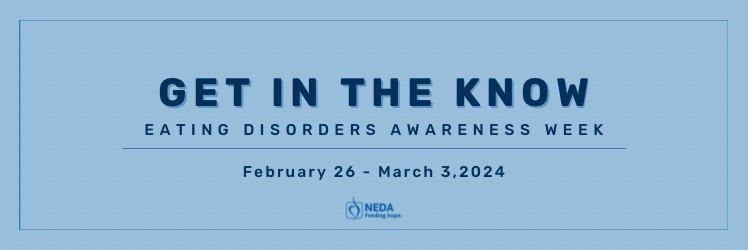Halloween is right around the corner. While the smell of cinnamon and carving pumpkins can be exciting, costumes are sometimes a cause of offense. In previous years, Halloween costumes have had a tendency to veer more toward offensive than fun by parodying race, religion, mental illness, gender, and disabilities. As you start to pick out your costume, keep these things in mind.
A person’s race, ethnicity, or religion is not a costume. While wearing a Native American headdress or sombrero may seem funny, it is actually insensitive and can also be an assertion of privilege over another group of people. In this category is also “blackface” or any other attempt at darkening your skin.
Religion is also something that often gets used as a costume when people choose to dress up as various religious entities. This becomes especially problematic when the entity becomes a “sexy” version of itself. Costumes like these can also be considered cultural appropriation which is something to avoid no matter what holiday it is.
Other inappropriate and offensive costumes to never try are those that portray:
- Mental illness
- Violence
- Homelessness
- Disability
Halloween should be an enjoyable experience for everyone and people shouldn’t be left feeling offended by costumes. To make sure this happens, when you plan out your costume ask yourself if it:
- Uses culture, religion, or race as a costume
- Undermines the importance of an issue
- Could upset a person that belongs to the community that costumes portrays
If the answer is yes to any of those questions, pick one of the countless other costume options instead so that everyone’s Halloween is fun and safe.
Olivia Clancy is a sophomore at New York University studying applied psychology and child and adolescent mental health studies. She plans on using her own experiences with mental illness to help others in her future career as a clinical psychologist.





